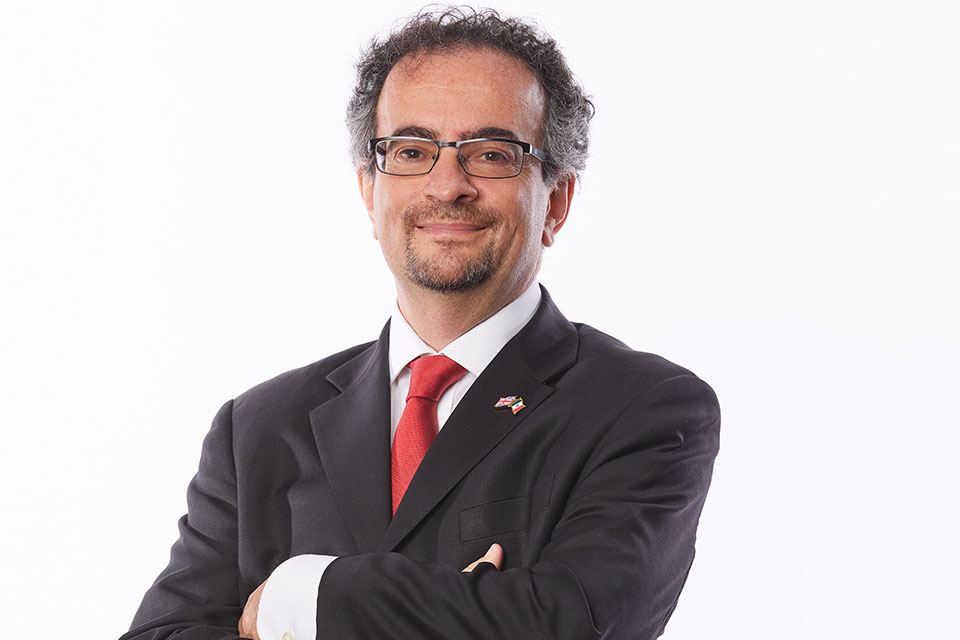National Inter-Faith Dialogue
National Inter-Faith Dialogue: ‘’Towards A Peaceful 2016 and Beyond’’

Chairman, distinguished panel members, distinguished guests.
It is with great pleasure that I stand here at today’s National inter-faith dialogue.
As we know, religious intolerance is a global phenomenon. It is one of the major causes of intra- and inter-religious conflicts. Worldwide occurrences of religious are becoming increasingly prevalent and the emergence of Boko Haram in Nigeria and other religious clashes in Africa have further become a potential threat to peace and stability, particularly in the West African sub-region. Although religious extremism has not established roots in Ghana, the interfaith harmony which coexists cannot be taken for granted and therefore needs constant nourishment.
Ghana’s level of religious tolerance is well celebrated. In October 2014, we welcomed the Most Rev. Archbishop of Canterbury to Ghana where we held our first inter-faith dialogue in Kumasi. The Archbishop, who himself is an advocate for peace, spoke encouragingly about Ghana’s international reputation and urged Ghanaians to continue the good work in deepening its long history of religious tolerance.
The theme of this dialogue is ‘’towards a peaceful 2016 and beyond’’ and as we entering in this year’s general election, we are ever mindful of the need to maintain peace and stability and refrain from any act that would threaten to jeopardise this. I am well aware of the uniqueness of the three northern regions; the rich culture and heritage, the vast amounts of fertile land and also in some cases, the (extreme) levels of under development (poverty) as compared to other parts of the country. However, visiting here, I am encouraged by the strong sense of unity between Christians and muslims who co-exist peacefully.
All of us have a part to play in maintaining peace and stability, especially as the elections drawer nearer. For our part, we are focused on assisting state institutions who have the mandate to educate the populace on what is expected of them. Religious leaders, chiefs, elders and members of the community also have a responsibility to preach tolerance, to your followers. political parties have a duty to encourage the youth especially to desist from acts which might disturb the peace.
We do not think that maintaining groups of party militia or vigilantes is compatible with 21st century electoral democracy. It is in fact potentially highly dangerous, and threatens the very existence of peace in Ghana. Further, the maintenance of peace is the job of the police alone.
I’m am hopeful that as we go through the days programme, we will all learn something new; about each other and perhaps even ourselves. All of which will provide an occasion for us to continue this important dialogue. Ghana holds a unique position, not just in Africa, but globally. Let’s us continue to talk, understand and appreciate our differences and seek to build on the great gains which we have made.
I wish you fruitful deliberations.